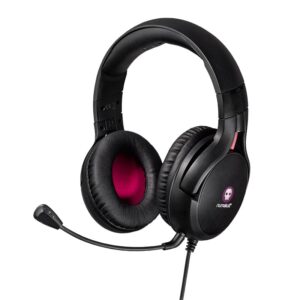Growing Competition in Semiconductor Market
Amidst a surge in operating profit, Samsung Electronics is facing increasing competition in the semiconductor market. Many countries around the world are now competing to manufacture advanced semiconductors. The Biden administration recently approved up to $6.4 billion in funding for Samsung to expand chip production in Texas. Other major players like Micron and TSMC are also set to receive grants to bolster chip manufacturing in the U.S. Meanwhile, Japan’s Rapidus Corporation secured $3.89 billion in subsidies to ramp up the mass production of 2-nanometer chips starting in 2027, posing a new challenge for Samsung and TSMC.
Samsung’s Dominance Challenged by SK Hynix
Despite its recent financial success, Samsung Electronics faces the risk of losing its top position to competitors, notably SK Hynix, the second-largest memory chip maker globally. SK Hynix announced the mass production of HBM3E, the next-gen high bandwidth memory chips essential for AI chipsets, marking a significant advancement in the semiconductor industry. Industry experts have noted that Samsung, once a leader in memory, smartphones, and display technologies, is now merely riding the wave of market recovery. Mehdi Hosseini, a senior tech hardware analyst, emphasized that Samsung’s current success is primarily driven by market dynamics.
In a surprising development, Samsung regained its top spot in smartphone shipments in the first quarter after Apple had overtaken the position in 2023, according to data from the International Data Corp.
Impacts of Artificial Intelligence and Memory Chip Prices on Samsung’s Performance
Samsung’s remarkable financial performance in the first quarter was fueled by the resurgence in memory chip prices, propelled by the optimism around artificial intelligence applications. As AI technologies become more sophisticated and data sets grow larger, the demand for memory chips with higher capacities and speed is on the rise. Industry analysts foresee further price hikes in memory chips, contributing to Samsung’s anticipated strong earnings in the second quarter. The recent earthquake in Taiwan has also affected the production of key players like TSMC and Micron, potentially altering the competitive landscape in the semiconductor market.
Overview of Samsung’s First Quarter Results
Samsung Electronics reported a substantial 932.8% surge in operating profit for the first quarter, surpassing market expectations by a significant margin. The company’s revenue stood at 71.92 trillion Korean won, while the operating profit reached 6.61 trillion Korean won. These results were driven by robust sales of flagship Galaxy S24 smartphones and the increased prices of memory semiconductors. After facing record losses in 2023 due to reduced demand post-pandemic, Samsung’s strong performance in the first quarter signals a remarkable turnaround for the tech giant.
Samsung’s Leading Role in Memory Chip Manufacturing and Market Potential
Samsung Electronics holds the title of being the largest producer of dynamic random-access memory (DRAM) chips globally, essential components in various consumer electronics such as smartphones and computers. With a strategic focus on AI technologies and innovative memory solutions, Samsung is well-positioned to capitalize on the increasing demand for storage solutions in AI computing. Analysts project a positive outlook for Samsung’s NAND flash memory business, emphasizing the company’s potential to leverage the growing momentum in AI training and storage requirements.











